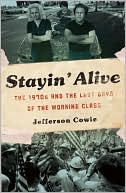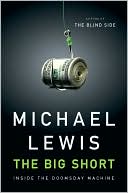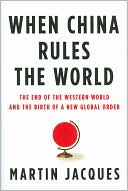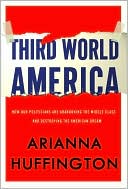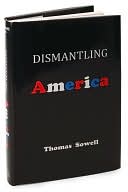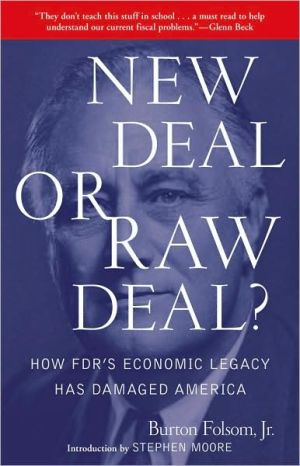Stayin' Alive: The 1970s and the Last Days of the Working Class
Search in google:
An epic account of how middle-class America hit the rocks in the political and economic upheavals of the 1970s, this wide-ranging cultural and political history rewrites the 1970s as the crucial, pivotal era of our time. Jefferson Cowie’s edgy and incisive book—part political intrigue, part labor history, with large doses of American musical, film, and TV lore—makes new sense of the 1970s as a crucial and poorly understood transition from New Deal America (with its large, optimistic middle class) to the widening economic inequalities, poverty, and dampened expectations of the 1980s and into the present. Stayin’ Alive takes us from the factory floors of Ohio, Pittsburgh, and Detroit, to the Washington of Nixon, Ford, and Carter. Cowie also connects politics to culture, showing how the big screen and the jukebox can help us understand how America turned away from the radicalism of the 1960s and toward the patriotic promise of Ronald Reagan. Cowie makes unexpected connections between the secrets of the Nixon White House and the failings of George McGovern campaign; radicalism and the blue-collar backlash; the earthy twang of Merle Haggard’s country music and the falsetto highs of Saturday Night Fever. Like Jeff Perlstein’s acclaimed Nixonland, Stayin’ Alive moves beyond conventional understandings of the period and brilliantly plumbs it for insights into our current way of life. Library Journal The New Deal liberalism that led to prosperity for American workers crashed in the 1970s, certainly one of the bleakest decades for blue-collar workers. So claims Cowie (history, Cornell Univ.; Capital Moves: RCA's Seventy-One Year Quest for Cheap Labor) in this edifying survey of the politics, labor movements, and cultural landscape of the times. By mid-decade, the recession of 1974 unleashed stagflation (a failing economy combined with inflation), which many economists and politicians blamed on higher union salaries. At the end of the decade, union membership declined sharply and gains made by minorities and women were largely moot owing to job losses from foreign competition. Cowie includes excellent investigations of how motion pictures, television, and popular movies portrayed the decline of the working class. Such real and fictional working-class heroes as Bruce Springsteen, The Band, Archie Bunker, and John Travolta as Tony Manero in Saturday Night Fever defined the Seventies' most tragic legacy: the time when the "republic of anxiety overtook a republic of security." VERDICT Along with Francis Wheen's irreverent Strange Days Indeed: The 1970s: The Golden Days of Paranoia, this book will be sure to engross modern American historians and readers who enjoy serious contemporary history.—Karl Helicher, Upper Merion Twp. Lib., King of Prussia, PA
Introduction: Something's Happening to People Like Me 1Book One: Hope in the Confusion, 1968-1974 211 Old Fashioned Heroes of the New Working Class 232 What Kind of Delegation Is This? 753 Nixon's Class Struggle 1254 I'm Dying Here 167Book Two: Despair in the Order, 1974-1982 2115 A Collective Sadness 2136 The New Deal that Never Happened 2617 The Important Sound of Things Falling Apart 3138 Dead Man's Town 357Acknowledgments 371Notes 375Index 447
